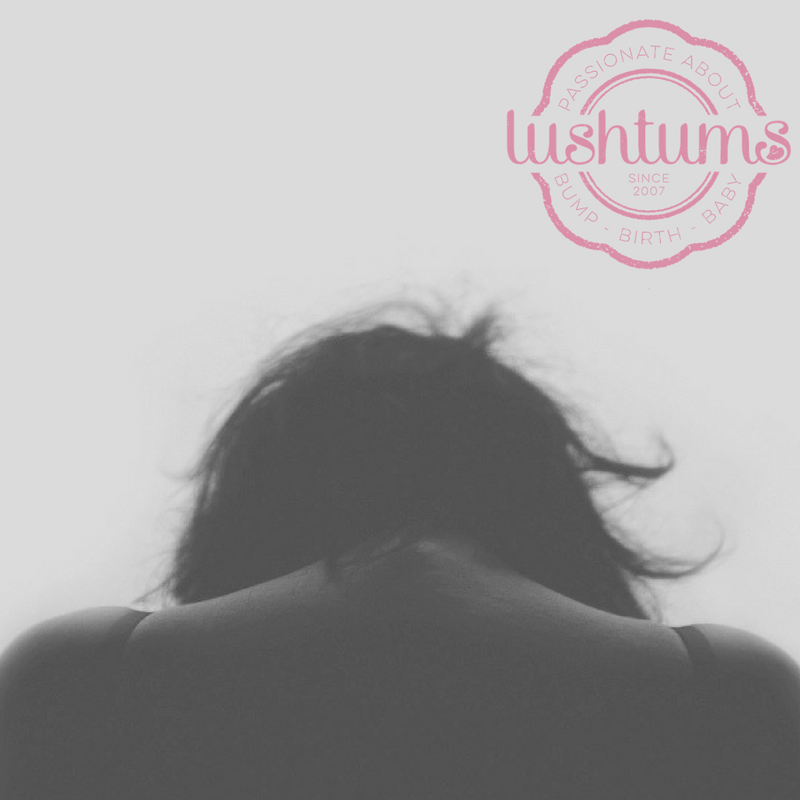I Gave Birth To A One-Year-Old, My PND Story.
Obviously, I’m not being literal but that overwhelming sense of love you’re “supposed” to get when you see your baby for the first time, it didn’t happen until my son was one-year-old. Even now, looking back I don’t remember much about that first year of my son’s life other than anxiety and crying (him and me).
Postnatal depression (PND), in my experience, is all down to unmet expectations. Of course your child will be born healthy and will coo and giggle and there’s no way they’ll scream uncontrollably for the first nine months of their life. Oh wait. That’s exactly what my son did do. What’s worse, I was told that what was happening to my son was “normal”. ‘If this is “normal”, why can’t I cope like everyone else?’ I would ask myself. People would comment about him being an “unhappy baby”, while this should have reinforced my instinct that there was something wrong I already believed that there wasn’t (tell someone they’re wrong enough times and they start to believe you); so, instead, it reinforced the idea that I was a bad mum.
It turned out my son has a dairy intolerance, so all the dairy I was eating was going through my breast milk and giving him a constant tummy ache - as if I didn’t feel guilty enough! - once this was diagnosed and I changed my diet, within a day, he was a completely different baby. He did coo and giggle and he rarely screamed; but I was a lot harder to fix. I had been left with severe anxiety (whenever my son cried, funnily enough) and depression.
I refused tablets as I was still breastfeeding and got referred to CBT (Cognitive Behavioural Therapy) fairly quickly as because I had postnatal depression I was a priority. CBT helps you to change the way you think and the way you behave in response to those thoughts. For example I wanted to be the “perfect” parent, which is pretty impossible so when I failed at being “perfect” I would feel down and helpless. So by teaching me that there was no way to be “perfect”, CBT stopped the inevitable failing that I was sure to encounter and, in turn, stopped me feeling like a bad mum.
It’s unknown exactly how many women suffer from Postnatal depression, as many just brush it off as the baby blues (a short period of feeling down after giving birth, generally related to hormonal changes), but it is thought that it affects at least 10% of women. Men can suffer with PND too, again, studies show that it affects at least 10% of men and research from NCT found that 38% of new fathers are concerned about their mental health. The numbers are probably higher because too many people still don't talk about.
Symptoms of PND are similar to ones of other types of depression; a persistent low or sad mood, a loss of interest in things that you would normally enjoy, lack of energy and feelings of guilt are just some of these symptoms.
Having a baby can be a stressful time for everyone involved. Both mums and dads (and other family members) should keep an eye out for symptoms in their partner and speak to them about it if you feel they aren’t entirely coping. And, if you feel you may have symptoms of PND or anxiety then you need to see your healthcare provider as soon as possible; because the sooner you get help, the sooner you’ll be able to fully enjoy your brand new family and, trust me, it does get better.
LushTums always promote Alternate Nostril Breathing as a fast working practice that can help balance the emotions. Watch this space to find the video of the coming soon or get along to some postnatal yoga classes near you.
Joanne Pepper
https://www.nct.org.uk/parenting/postnatal-depression-dads
https://www.nct.org.uk/parenting/postnatal-depression
http://www.nhs.uk/conditions/postnataldepression/pages/introduction.aspx
http://www.nhs.uk/conditions/Cognitive-behavioural-therapy/Pages/Introduction.aspx

